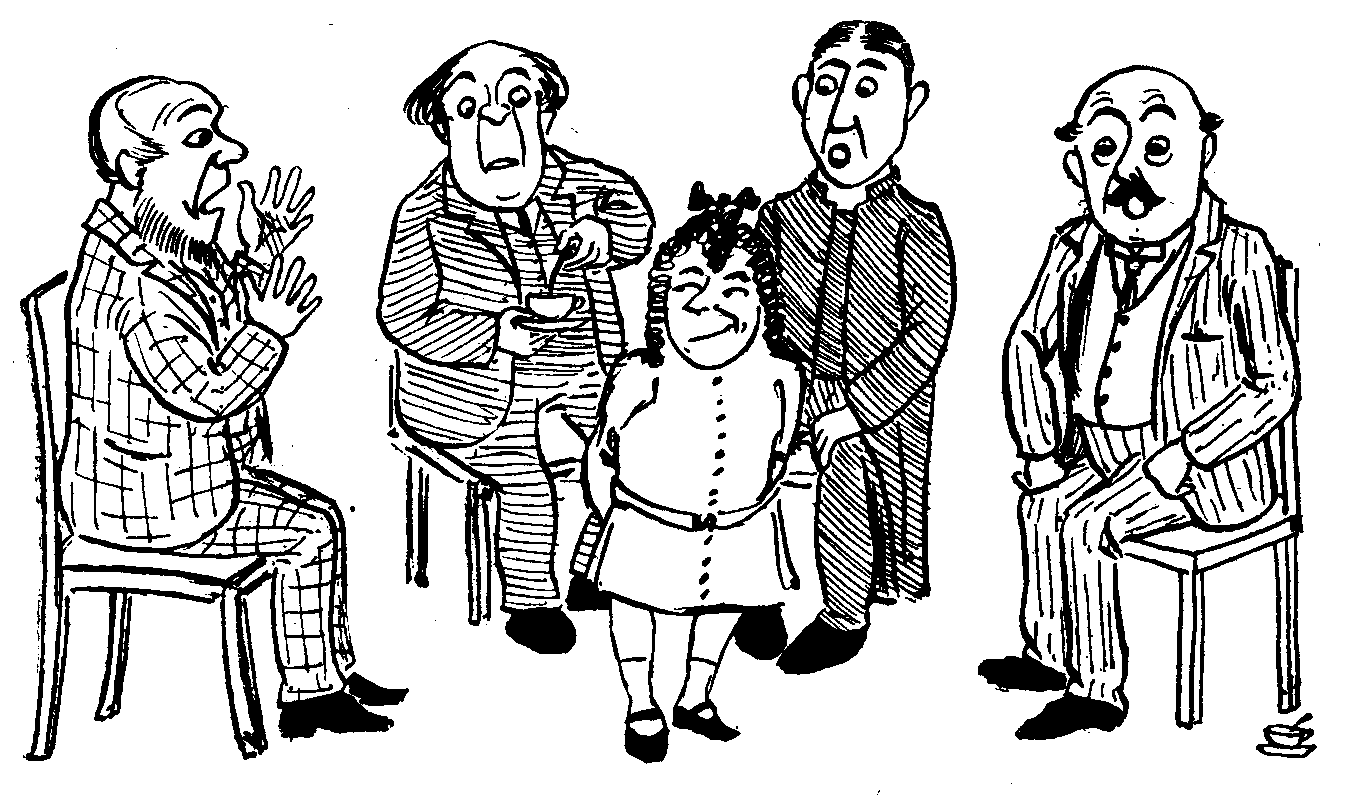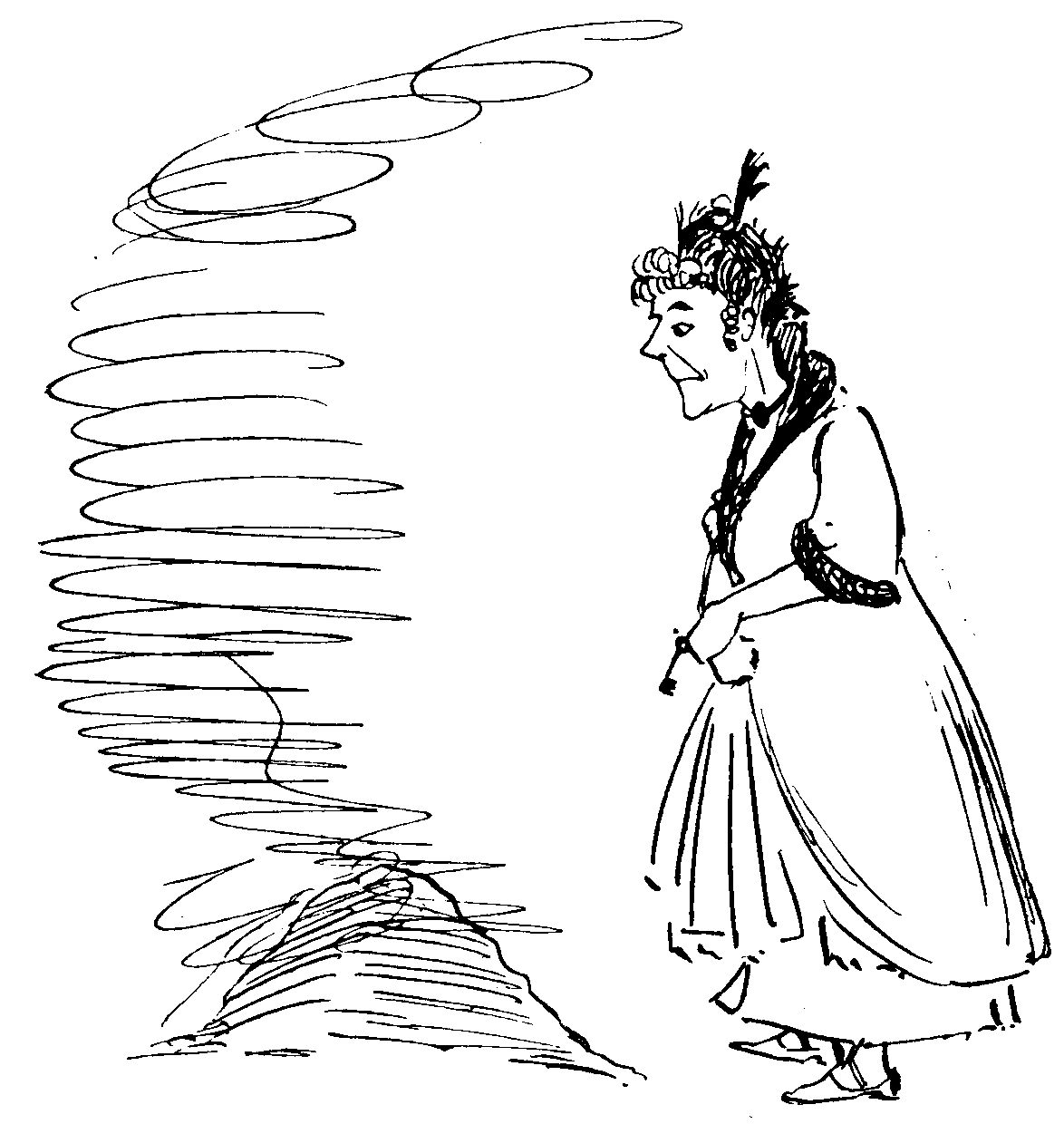Wednesday
Looking back at 2012, it seems almost quaint that people accused Mitt Romney of running “the big lie” campaign (Newt Gingrich) or “a post-truth campaign” (Paul Krugman). In a post where I cited the poem I will be sharing again today, I wrote,
To be sure, all politicians lie sometimes–if not directly, then through evasion or fudging—and maybe it’s even necessary in a country where one has to speak to so many different constituencies.
Romney, however, appears to have taken lying to new heights in contemporary American politics. Not only does he deny things he once said or did but he accuses his rivals of saying or doing things they never said or did and then attacks them for it. Blogger Steve Benen has started posting Romney’s most flagrant lies from the previous week each Friday. Last week’s post can be found here.
We can understand why Romney does so. If the extremists in your party are determining who the next candidate will be, you tell them what they want to hear and then, when elected, do what you were going to do anyway. Call it Machiavelli 101. It’s just that most politicians try to be subtler about it.
I obviously didn’t know how high the heights could go. One always sensed that Romney at least had some regard for the truth. That’s the point of a recent Los Angeles Times editorial that sets out to determine what sets Donald Trump’s lying apart from that of other politicians. While conceding that lies have “oozed…out of politicians’ mouths — out of all people’s mouths — likely as long as there has been human speech,” the Times concludes that Trump’s “disregard for fact” is
so profound as to suggest that he may not see much practical distinction between lies, if he believes they serve him, and the truth.
The Times explains why this is a serious matter:
[H]e puts the nation in danger by undermining the role of truth in public discourse and policymaking, as well as the notion of truth being verifiable and mutually intelligible.
In the months ahead, Trump will bring his embrace of alternative facts on the nation’s behalf into talks with China, North Korea or any number of powers with interests counter to ours and that constitute an existential threat. At home, Trump now becomes the embodiment of the populist notion (with roots planted at least as deeply in the Left as the Right) that verifiable truth is merely a concept invented by fusty intellectuals, and that popular leaders can provide some equally valid substitute. We’ve seen people like that before, and we have a name for them: demagogues.
So as not to be fusty any longer today, here’s a Hilaire Belloc poem from his darkly comic send-up of Victorian morality tales, Cautionary Tales for Children. We all need a little laughter at the moment. Incidentally, some of the instructional tales parodied by Belloc were in fact pretty bad.
Incidentally, the play mentioned in the poem, The Second Mrs. Tanqueray, is inappropriate for children. Watching it is probably better than getting burned to death, but not by much.
Matilda (Who told Lies, and was Burned to Death)
By Hilaire Belloc
Matilda told such dreadful lies,
It made one gasp and stretch one’s eyes;
Her aunt, who, from her earliest youth,
Had kept a strict regard for truth,
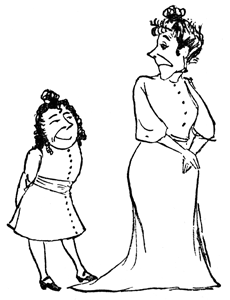
Attempted to believe Matilda:
The effort very nearly killed her,
And would have done so, had not she
Discovered this infirmity.
For once, towards the close of day,
Matilda, growing tired of play
And finding she was left alone,
Went tiptoe to the telephone
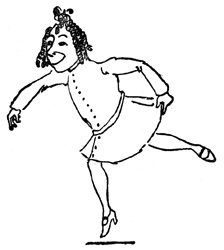
And summoned the immediate aid
Of London’s noble Fire-Brigade.
Within an hour the Gallant Band
Were pouring in on every hand,
From Putney, Hackney Downs and Bow,
With courage high and hearts a-glow
They galloped, roaring though the town,
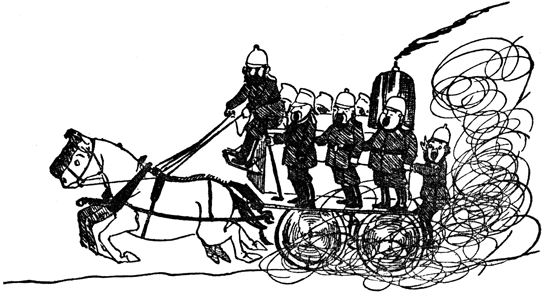
“Matilda’s house is burning down!”
Inspired by British cheers and loud
Proceeding from the frenzied crowd,
They ran their ladders through a score
Of windows on the ballroom floor;
And took peculiar pains to souse
The pictures up and down the house,
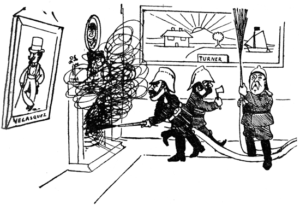
Until Matilda’s aunt succeeded
In showing them they were not needed
And even then she had to pay
To get the men to go away!
It happened that a few weeks later
Here aunt was off to the Theatre
To see that interesting play
The Second Mrs Tanqueray.
She had refused to take her niece
To hear this entertaining piece:
A deprivation just and wise
To punish her for telling lies.
That night a fire did break out—
You should have heard Matilda shout!
You should have heard her scream and bawl,
And throw the window up and call
To people passing in the street—
(The rapidly increasing heat
Encouraging her to obtain
Their confidence)—but all in vain!
For every time she shouted “Fire!”
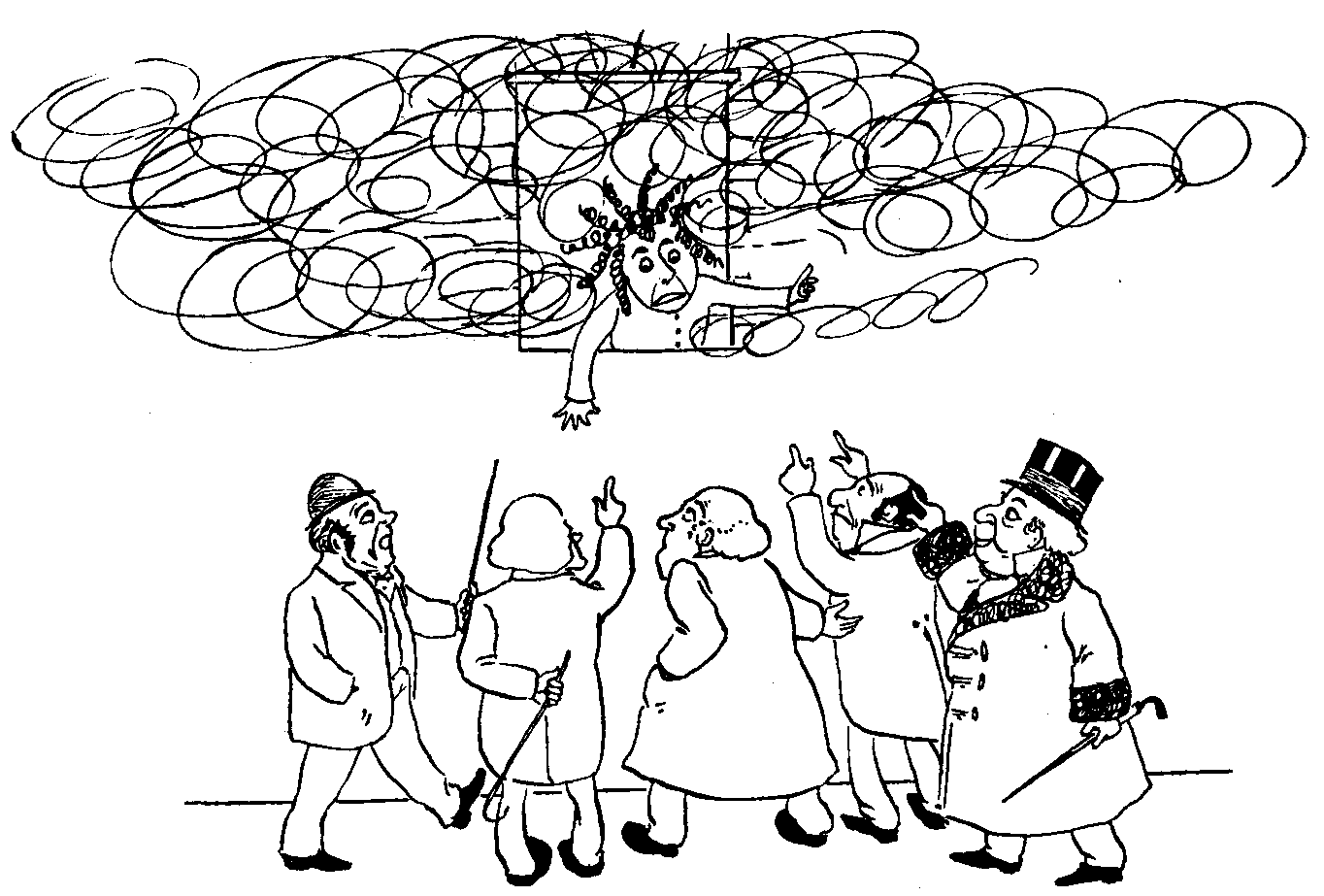
They only answered “Little Liar!”
And therefore when her aunt returned,
Matilda, and the house, were burned.
Comedy aside, what will happen to America when there really is a fire?
